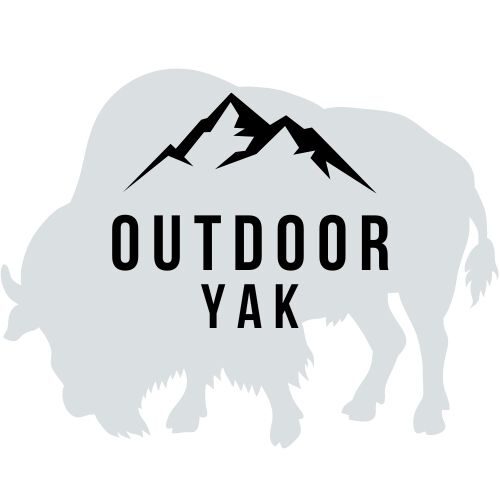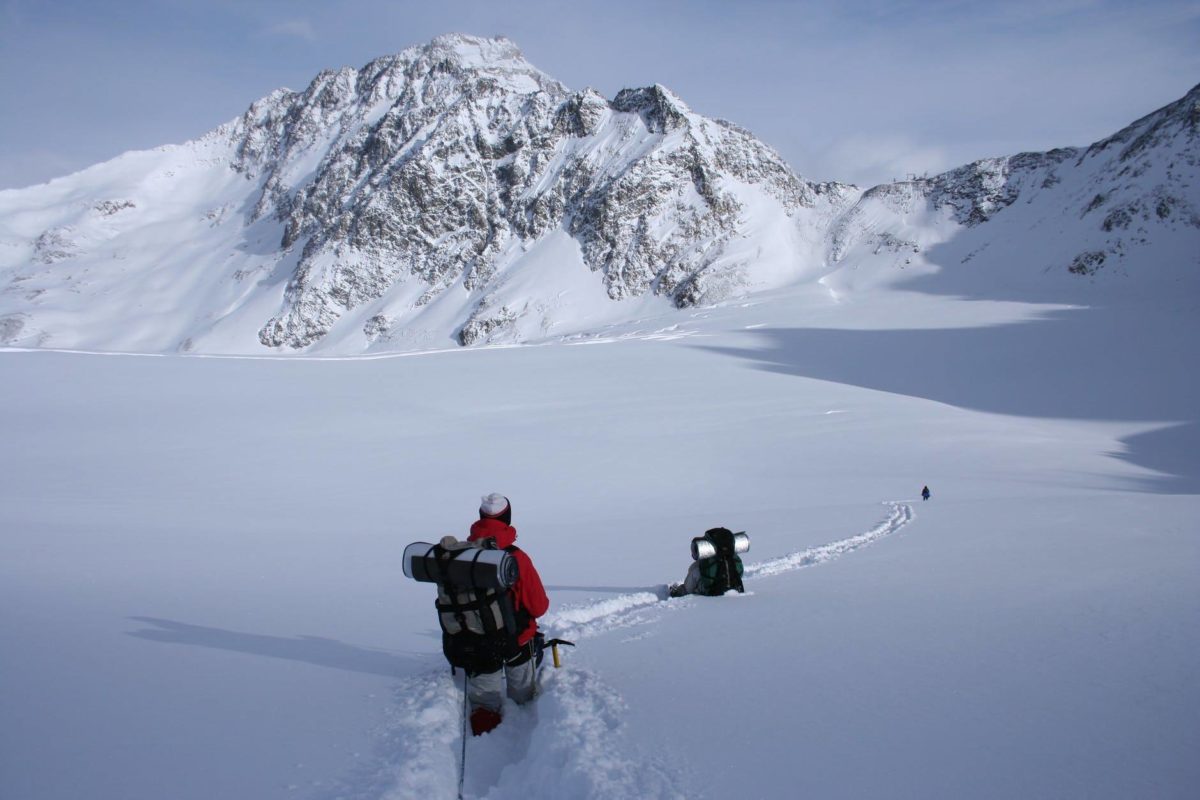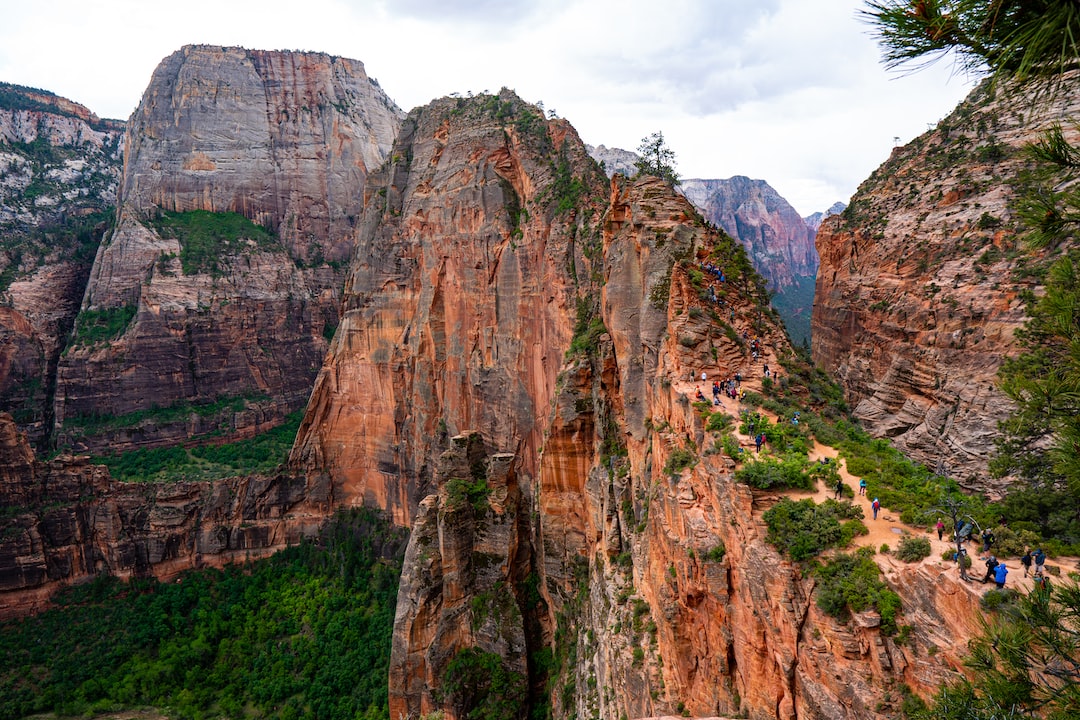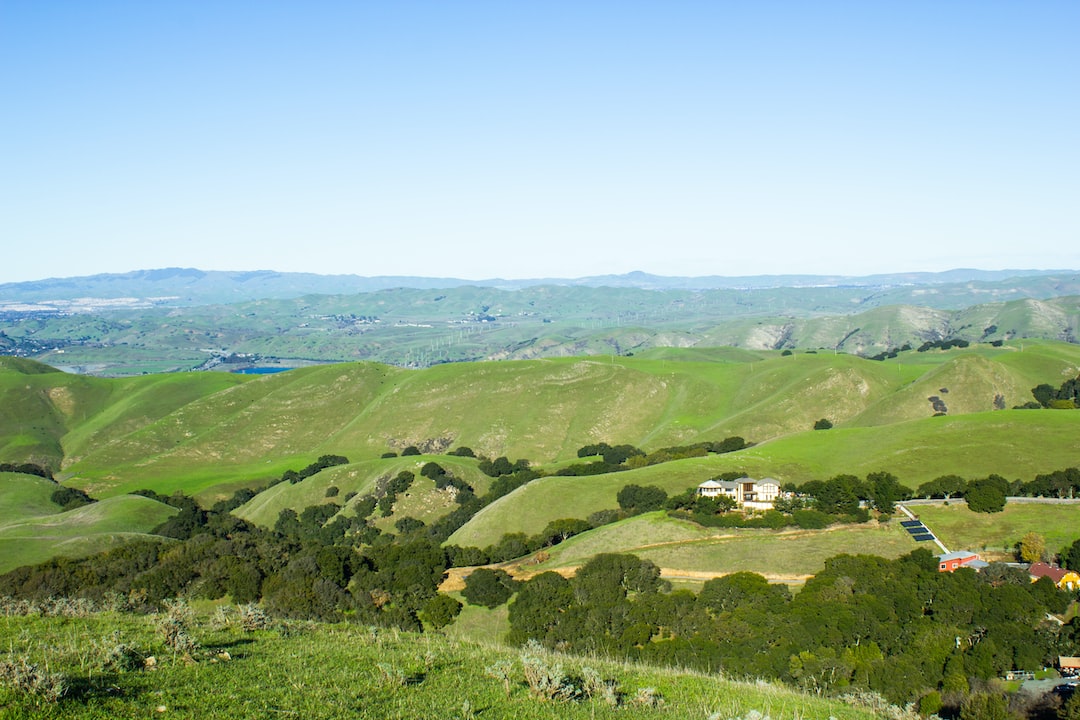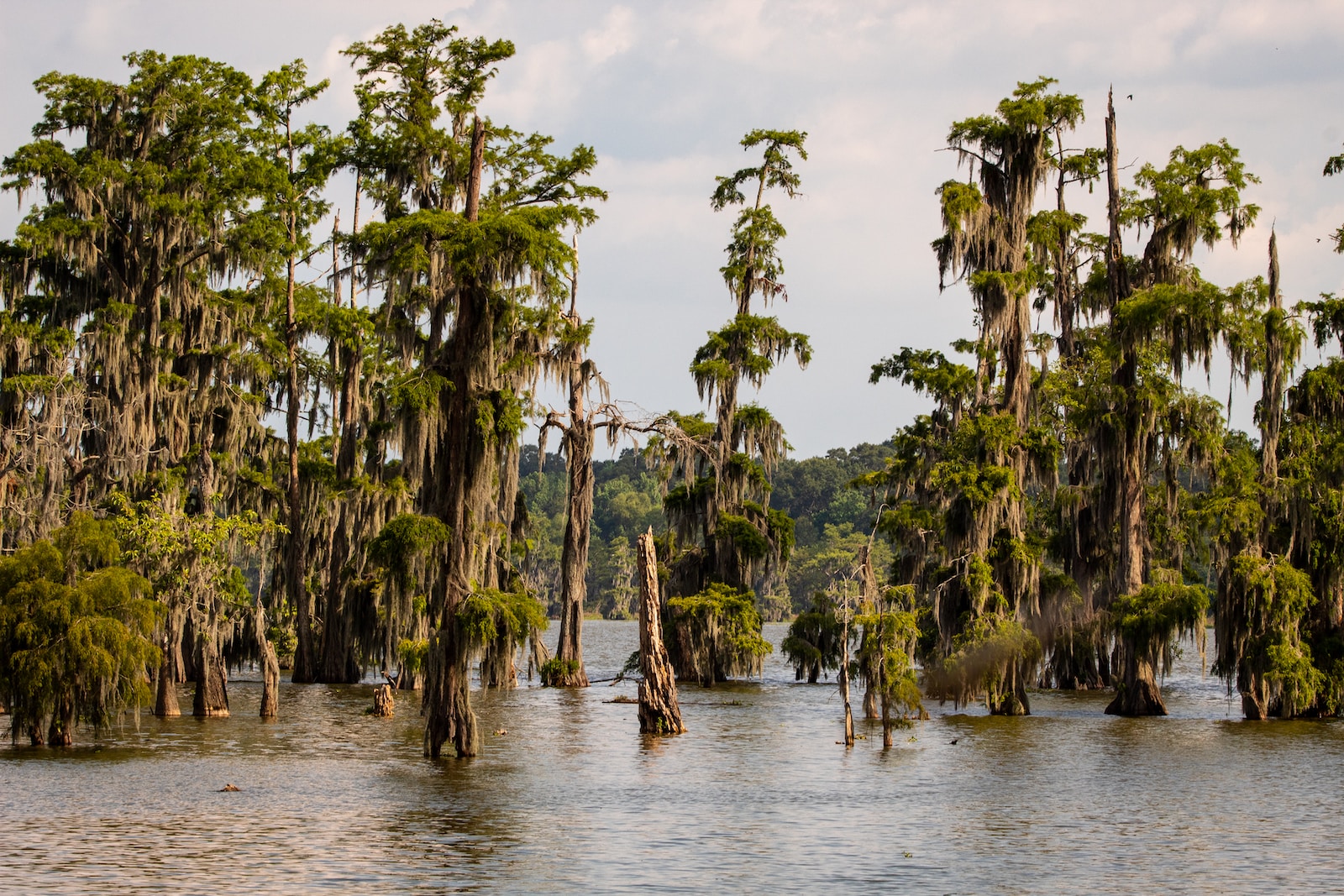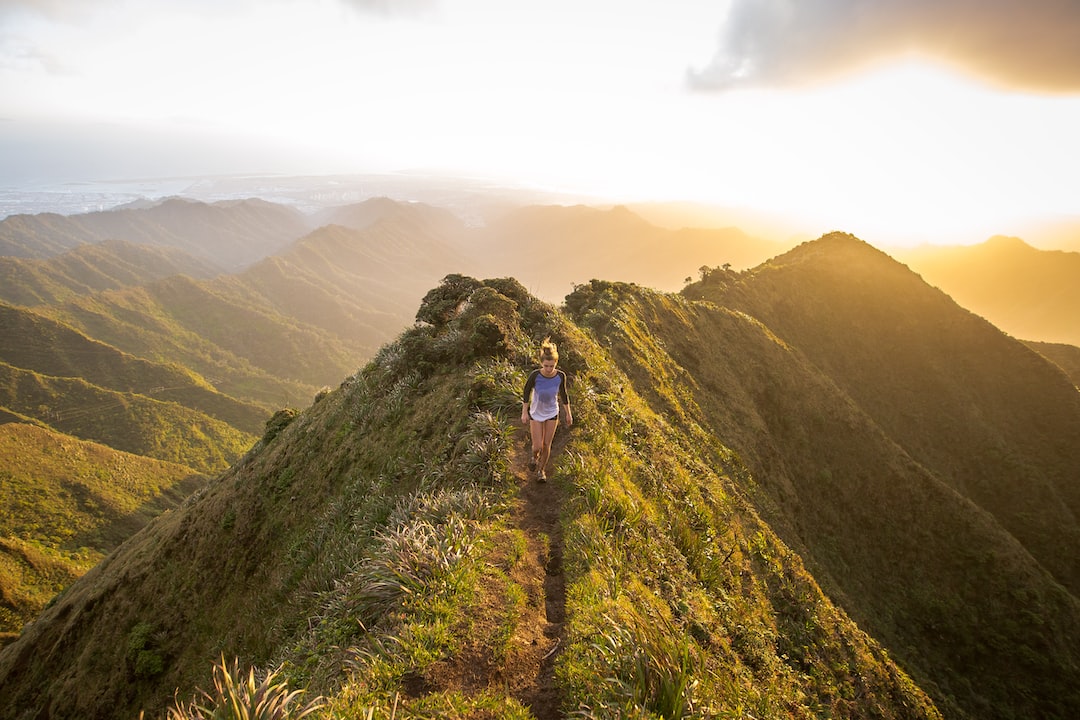Hiking is a physically intensive activity that involves hours of exercise. Are you interested to know how many calories you’ll burn while hiking?
Hiking burns between 430 to 440 calories per hour for a 72kg (160 pound person). If you weigh more and/or have a faster metabolism hiking burns more calories. If your hike has more of an incline and is more challenging then it requires more sustained effort and will burn more calories.
There are a number of factors which determine the exact amount of calories you’ll burn hiking as each person and hike is slightly different.
What is a calorie?
A calorie in food is a unit to measure the amount of energy that is contained within the food. Technically a calorie is the amount of energy required to raise 1 gram of water by 1°C when burned.
Food manufacturers measure the calories contained within food by separating the proportion of carbohydrate, fat, and protein, taking the averages for each and then adding them together.
For example, every gram of protein and carbohydrate is on average 4 Kcal while fat is 9 Kcal / g. If your granola energy bar contains 10g of protein, 9 gram of fat and 20 gram of carbohydrates then the label would read 201 kcals or calories.
How many calories do you burn naturally?
Even without doing any excerise you will burn lots of calories each day. Everyone has a unique BMR (basal metabolic rate) which is the number of calories your body is required to burn through to maintain your daily functions from pumping blood around your body to blinking.
There are a number of factors the effect your daily calories burn, but on average we can say that within a healthy, balanced diet:
- a man needs around 2,500kcal (10,500kJ) a day to maintain his weight.
- a woman needs around 2,500kcal (8,400kJ) a day to maintain her weight.
There are quite a few factors that affect this amount, such as your age, your size and how active you are. There are also a number of other factors that affect how fast your metabolism is and the speed at which you process and burn through calories.
Now that we know what a calorie is and how each person has different calorie needs, let’s look at how much energy is used during a hike.
Main factors of calorie burn when hiking
1. Fitness Level
The more physically fit you are the harder it is to burn more calories as the human body adapts to exercise threshold fast. That said if you have more muscle mass and a fater metabolism you will naturally burn more calories per day and per hour even at rest, which means during exercise your calorie burn rate will also be higher.
2. Intensity
The average fit hiker can cover 3 miles per hour (5kph). Some hikers stop rarely for breaks, while others like to take their time. The intensity with which you walk and the distance you need or want to cover in a day will determine how much calories you burn. If you’re walking with an intensity and a speed then you’re muscles will be activated more often, your heart rate will be higher and you’ll be burning more calories.
3. Pack Weight
If your backpack is heavy you’ll be lugging around more weight and it will require more effort and energy to cover the same distance. You should aim to keep your pack weight under 20% of your body weight for backpacking and under 10% for day hiking. If your backpack is too heavy you’ll be putting an unnecessary strain on your body and making your hiking experience less enjoyable.
By far the heaviest thing you’ll be bringing is water which weighs 1 kilo per liter. When possible collect water en route from rivers and streams. You can use a portable water filter to remove bacteria and particles and make it safe for drinking. On average you’ll want to be drinking 0.5-1 liter (2-4 cups) of water per hour of hiking, depending on how hot the weather is and how much you’re sweating.
4. Terrain
Steep terrain, windy paths, and loose scree all make the hike more challenging. When the terrain is more difficult to hike, your muscles will be working harder and in turn, you will be burning more calories.
“Hiking is actually considered by many experts to be better for fat burn than other forms of cardiovascular exercise.”
Chuck Pelitera, M.D., professor of kinesiology at Canisius College in Buffalo, New York
Uphill are typically more calorie intensive that flat sections. That said you can get a real pace on flat sections, which can equal the same calorie burn as slower more thought out trails.
Calories and hiking poles
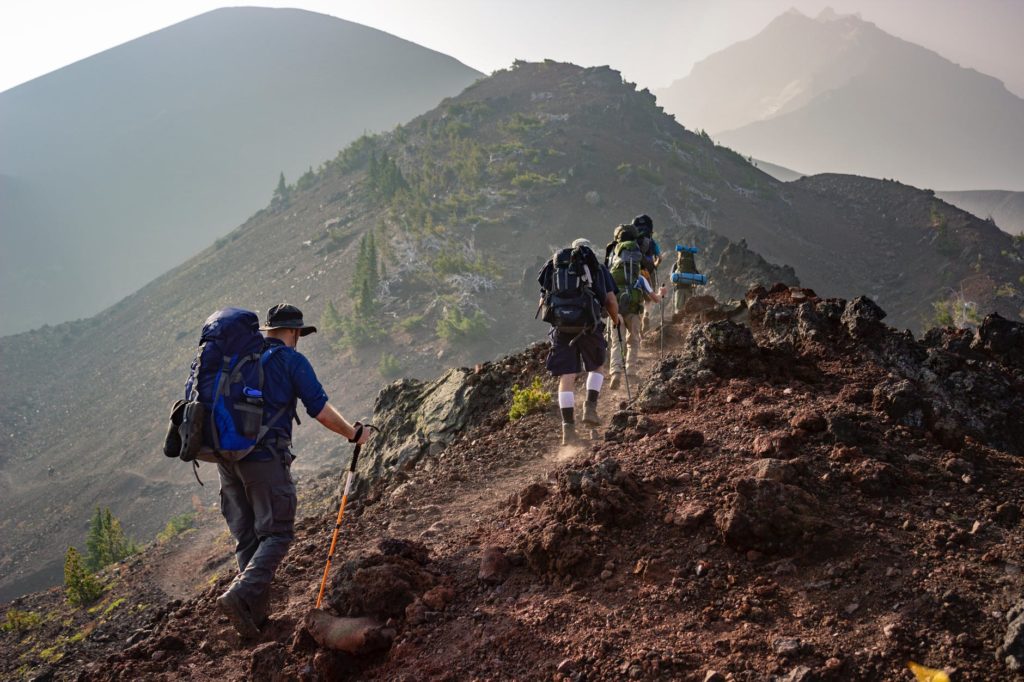
Many hikers use hiking poles to help with balance and support when walking over long distances.
Hiking poles activate the shoulder and arm muscles and so do actually increase the calories burned, but without making you feel like your working out harder. Hikers can usually hike for longer and at a faster pace when using poles which means despite the extra muscle load they come in handy.
Hiking poles have many benefits including:
- Protect your knees
- Give you more balance
- Help set a steady pace
- Reduce injury risk
- Increase your hiking speed.
Calories per day when hiking
Backpackers will burn through lots of calories when hiking. The general estimates are that a hiker will burn through 3-4,000 calories per day (source). You’ll burn through less as a woman or someone with less muscle mass and you’ll burn more if your a man and heavier.
Because you’ll be burning through lots of calories while hiking, it’s important to be consuming plenty of calories in your food to sustain your energy and so that you don’t lose too much weight over the course of a longer backpacking trip.
Depending on the type of terrain you’ll be hiking on you should expect to fuel up on:
- 2,000 calories per day for easy flat terrain
- 4,500 calories for difficult or steep terrain.
Most days are a series of descents and ascents, so you can assume that for most hikes the number will sit somewhere between these figures.
The best way to stay fueled on the trail is to:
- Snack frequently
- Eat high-calorie foods with extra quality fats
- consumer healthy carbs and protein
- Eat three large meals per day
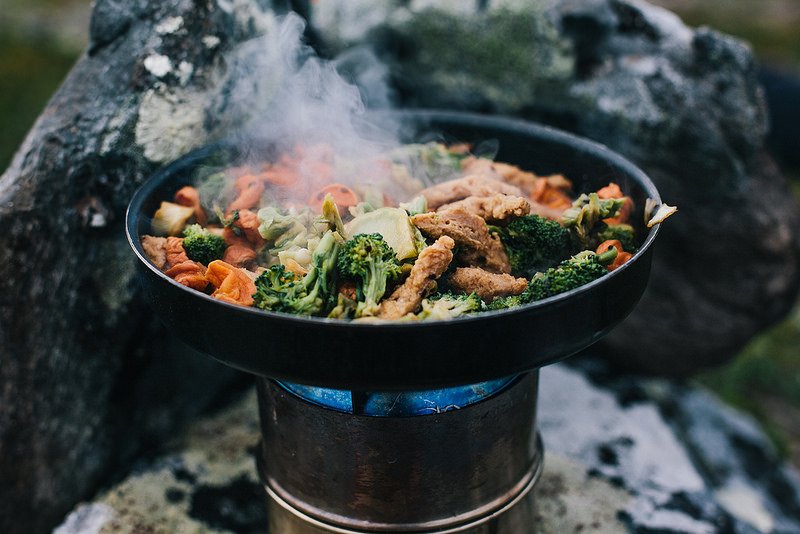
Bring a camping stove
If you’re out on a multi day trek, then having your own portable stove will allow you to boil water for hot drinks and to cook hot meals throughout your trip. From porridge to noodles, cooking food allows you to have a greater variety of options, helps to warm your body and gives you a massive reward for a hard day of trekking.
You can hike without a stove, but for longer trips, it’s helpful to have a stove to prepare food, provide an extra source of warmth and provide a communal fire for you and your backpacking party.
There are a range of small portable backpacking stoves, from ultralight gas burners to wood stove. Gas stoves are quick to setup, but wood stoves have the advantage of allowing you to use wood you find on the trail – which means more preparation time but less fuel to carry.
